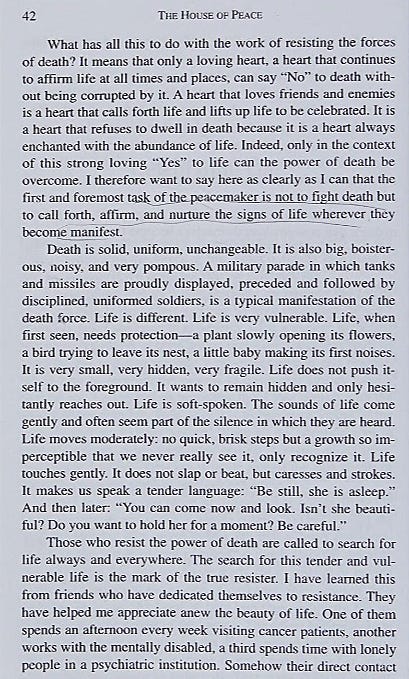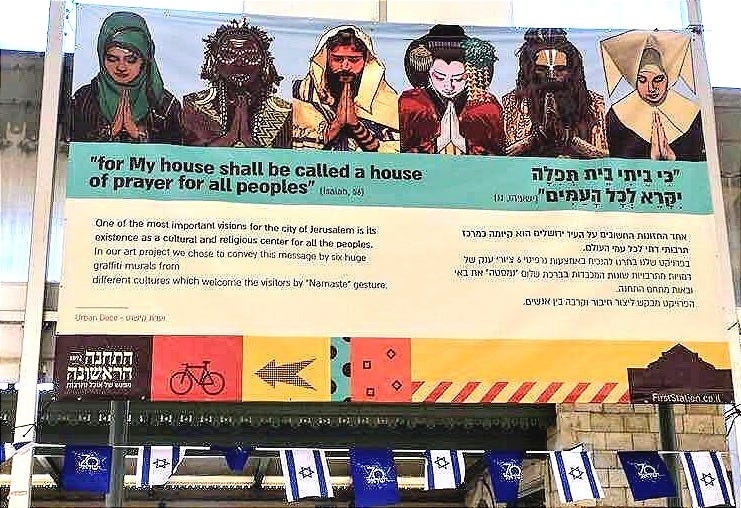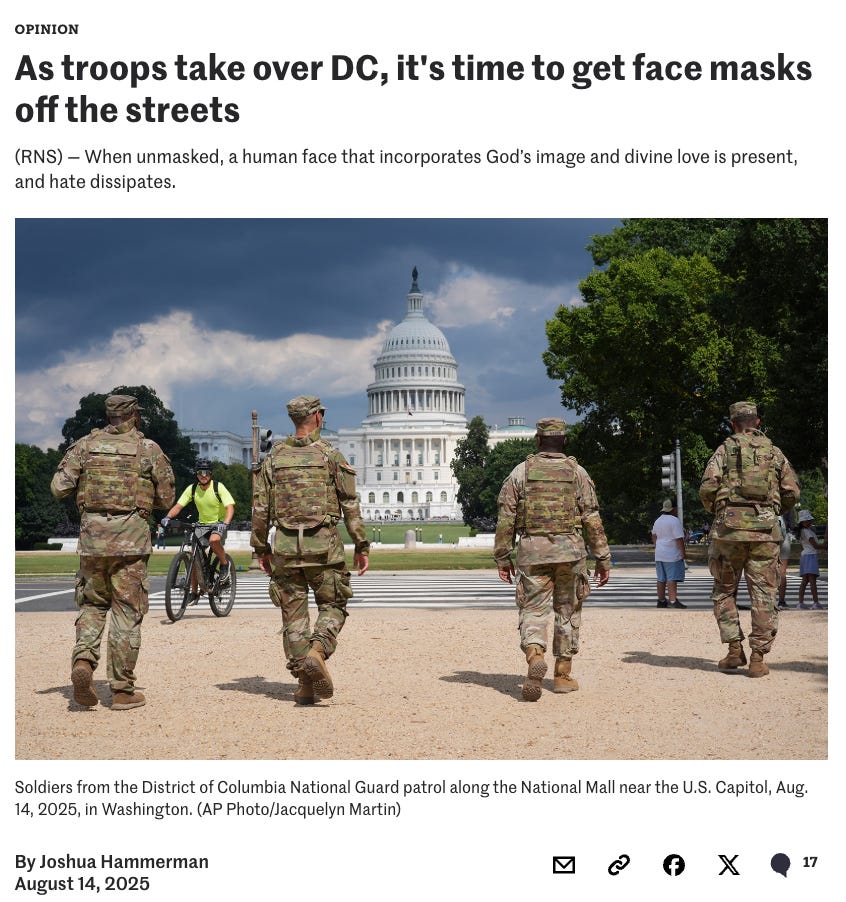As the week comes to a close, a week filled with more devastation and hopelessness in so many places around the world, but particularly in places that I hold closest to my heart, I need to fight the urge to despair with uplifting words and music.
I hope I can help you to do the same.
First, some words from the great 20th century Christian theologian Henri Nouwen:
Only a loving heart, a heart that continues to affirm the life at all times and places, can say “No” to death without being corrupted by it…the first and foremost task of the peacemaker is not to fight death but to call forth, affirm, and nurture the signs of life wherever they become manifest. (Road to Peace, p.42)
I love that quote, but I don’t think it’s sufficient to combat the despair we are now facing. So here is that entire page from Nouwen’s 1998 book, Road to Peace. Each sentence is a gem, each nugget a life preserver being thrown our way as we splash frantically in the churning sea.
So if you will forgive me, I will not spend these last hours before the start of Shabbat arguing about the definition of genocide;1 or whether Jews who profess to be non-Zionist have cast themselves outside the Jewish fold;2 or whether American democracy has been imperiled even more by the outrageous military invasion of Washington DC3 and the Gerrymander Civil War being ginned up by the White House.
I am not going to try to defend the indefensible, nor will I abandon the unabandonable - the countries, peoples and faiths traditions that I will always love unconditionally, though not without moments of questioning and candor.
I am not going to forgive my enemies or leave innocents defenseless, concoct excuses, disseminate fake “gotcha” videos amidst real talking points and manufactured whataboutisms. That work, for the time being, is done.
There is so much that is unclear right now, but what is beyond doubt is that the forces of death - of cynicism, anger and lies - are pulling at my soul while love and life tug at my heart.
I will not let the darkness win. And my job is to help you in that fight too.
So below I leave you with three songs, one Israeli, one Palestinian and another from a Christian source. Each speaks to a yearning for peace felt by children and adults, one that crosses cultures. Each of these traditions cherishes Jerusalem, and these songs are a tribute to the pockets of coexistence that exist there and can thrive there, once the parties of death are defeated in elections that simply cannot come soon enough.
If you play the songs concurrently, they almost harmonize with one another. But at the very least, like history itself, they occasionally rhyme.
תנו לגדול בשקט - T’nu Ligdol B’Sheket
LET US GROW UP IN QUIET and PEACE - Shlomi Shabat w/ the Jerusalem Orchestra East West (a multicultural orchestra, “rooted in Jerusalem’s unique history of coexistence”)
Until when will the wind carry
cloud and worry
and when will it return to offering
just a day of delights
day without sadness, day without fear,
the whole Land sobs
like a small girl screams out
let live in silence.
She cries out: love me!
of war do not teach me
show me your love
let me grow up in stillness!
(x2)
What happened to our youth,
the beautiful and naive
who will bring peace upon us
and onto the land
the flowers will return to bloom
and we will return to shout in joy,
with the light and the clear blue sky,
let one live like a child.
Dona Nobis Pacem - J. Haydn, Jerusalem Oratorio Choir
Mass No. 11 in D minor, Missa in Angustiis, “Lord Nelson Mass” Joseph Haydn
Yarabba Ssalami (God of Peace), a Traditional Palestinian Song
Yarabba ssalami amter alayna ssalam,
Yarabba ssalami im la’ qulubana ssalam.
Poetic translation:
God of Peace, rain peace upon us,
fill our hearts with peace.
Singing translation:
God of peace and of justice, rain down upon us your peace.
God of peace and of justice, fill every heart with your peace.
And click below for a bonus song - based on Isaiah 56: “For my House shall be a House of prayer for all peoples.”
Share this message of peace - and Shabbat Shalom!
Ezra Klein covered that in great depth in his podcast this week - a thorough and worthwhile - though often painful) exploration that still somehow neglected to spend a single second on the question as to whether Hamas’s attacks on October 7 themselves had genocidal intent. I think the answer to that one is clearly yes.
A claim shockingly made by Yossi Klein Halevi, with whom I almost always agree (but not this time), in a provocative interview at the Hartman Institute.




No comments:
Post a Comment